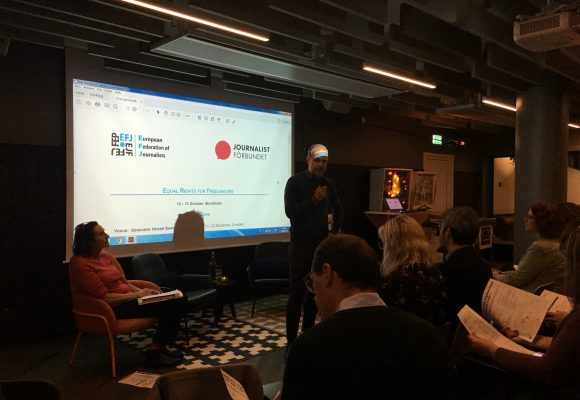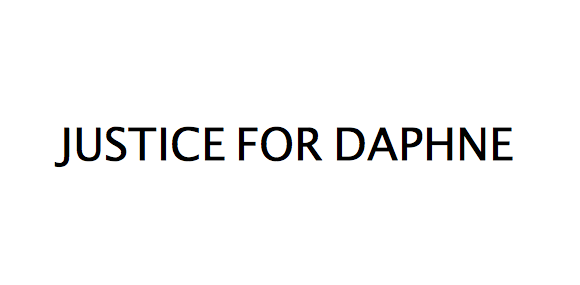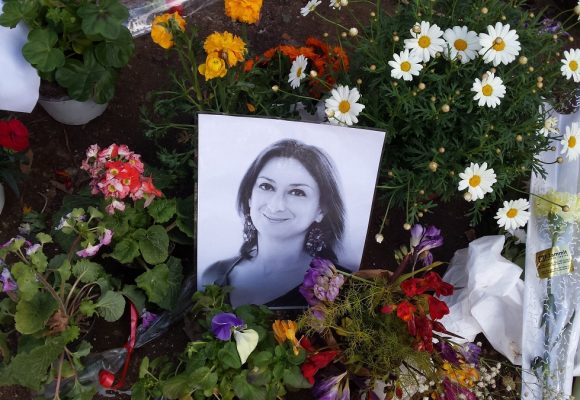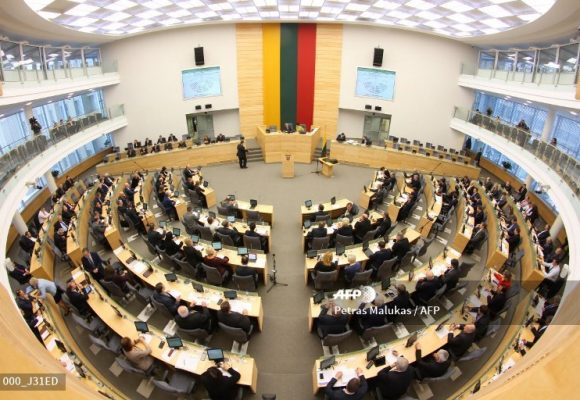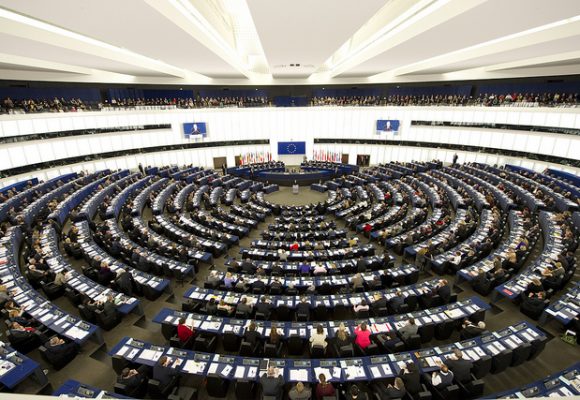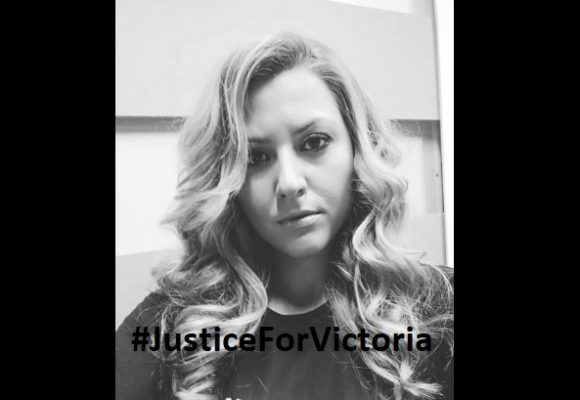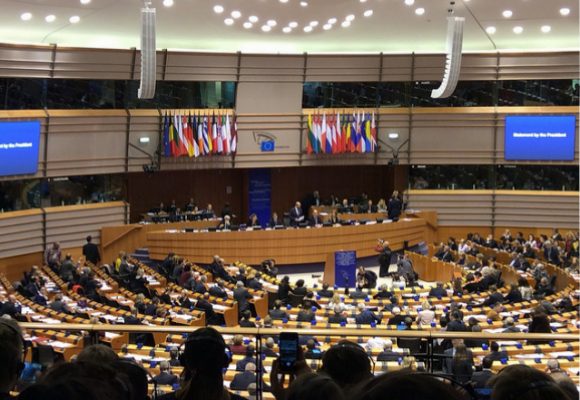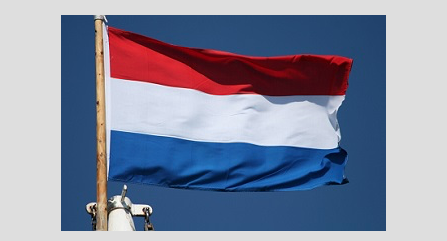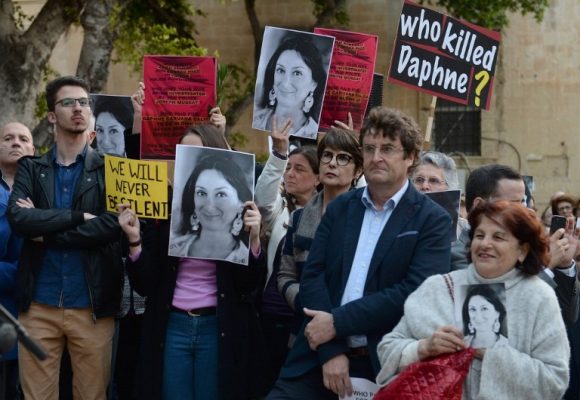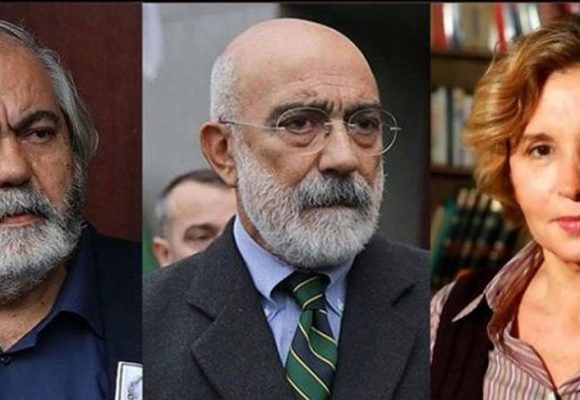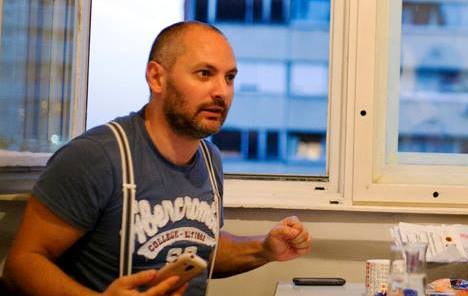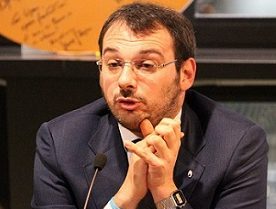European journalists call for equal rights and treatment for freelances
In a workshop gathering around 50 journalists and journalists’ representatives from all over Europe has called on national government and European institutions to ensure legal protection for freelance journalists so that they can enjoy equal rights and treatment. The workshop organised by the European Federation of Journalists (EFJ) and the Swedish Journalists Union (SJF) on 10 & 11 October in Stockholm has highlighted that while freelance journalists are growing across Europe, their working conditions and labour rights are lagging behind. “Freelance journalists are often being exploited with meagre payment and little rights”, this was the sentiment expressed by the participants…

